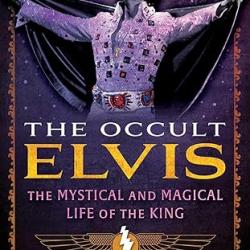Truth, after all, isn't just an abstract logical relationship between an idea or a proposition and the objective world. It's a reality, something like light; something good and great and valuable and beautiful. Even when it's the truth about something ugly, the fact that it's true is in itself something beautiful, like an honest confession of murder in court. Truth is our right relation with reality, whatever reality is. That's what Jesus promises you will get if you seek it: the true relationship, the right relationship, with reality. And if God is the ultimate reality, then it means God, in the end.
If you agree about this, about truth, even though not about God, then I think we are much closer together, at the center, than most people think, both theists and atheists. And there is another surprising way I suspect we may find out that we are together, and that's about the idea we disagree about, the idea of God, at least about what it means, even though not about whether it is true. To find out whether my suspicion is correct, let me ask you a question: Do you wish there was a God? Not a cosmic dictator but a loving father, I mean. And there is a second question: How do you understand the meaning of the "God" you do not believe exists? What do you think I believe when I say I believe in God? Perhaps the God you deny is one I deny too.
These are the two questions I think we could profitably ask each other if we want to clarify our starting points. And the two are connected.
Your friend,
Peter
Excerpted from Letters to an Atheist with permission of the publisher, Rowman & Littlefield Publishers, Inc. All rights reserved.




